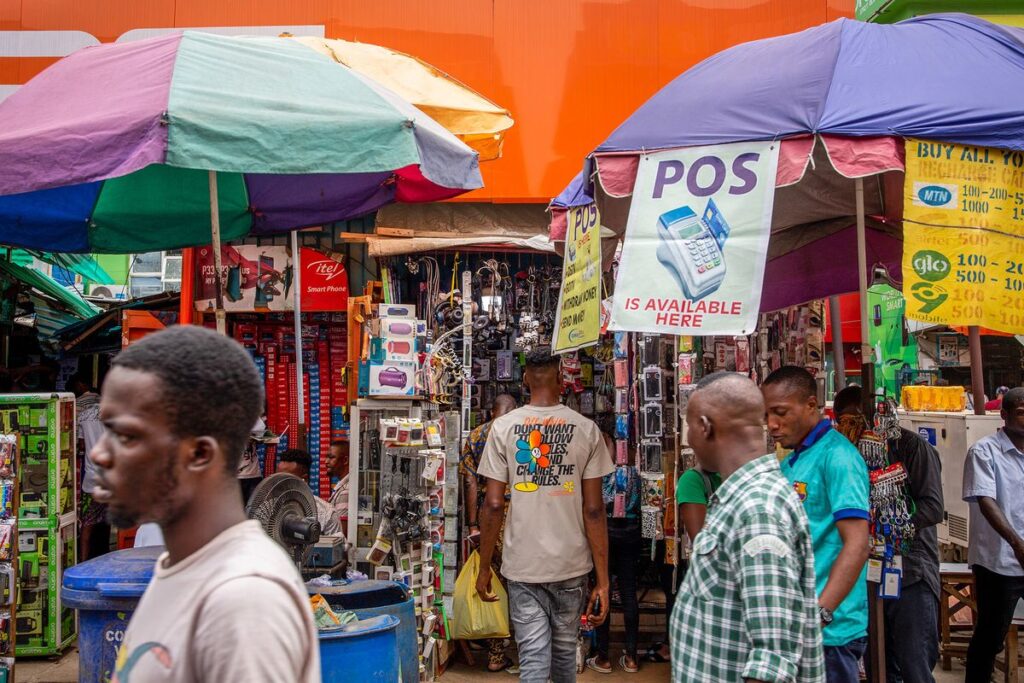Today, many Africans struggle to manage their finances, often using up their salaries before they even receive them. This struggle is partly due to a failure of financial inclusion, which is a chance for all individuals to access financial tools. Financial inclusion is a means of reducing inequality and bridging economic gaps. Financial inclusion is
[elementor-template id="94265"]
